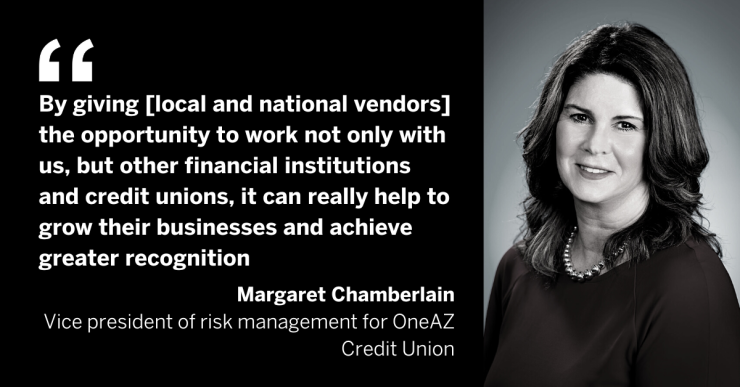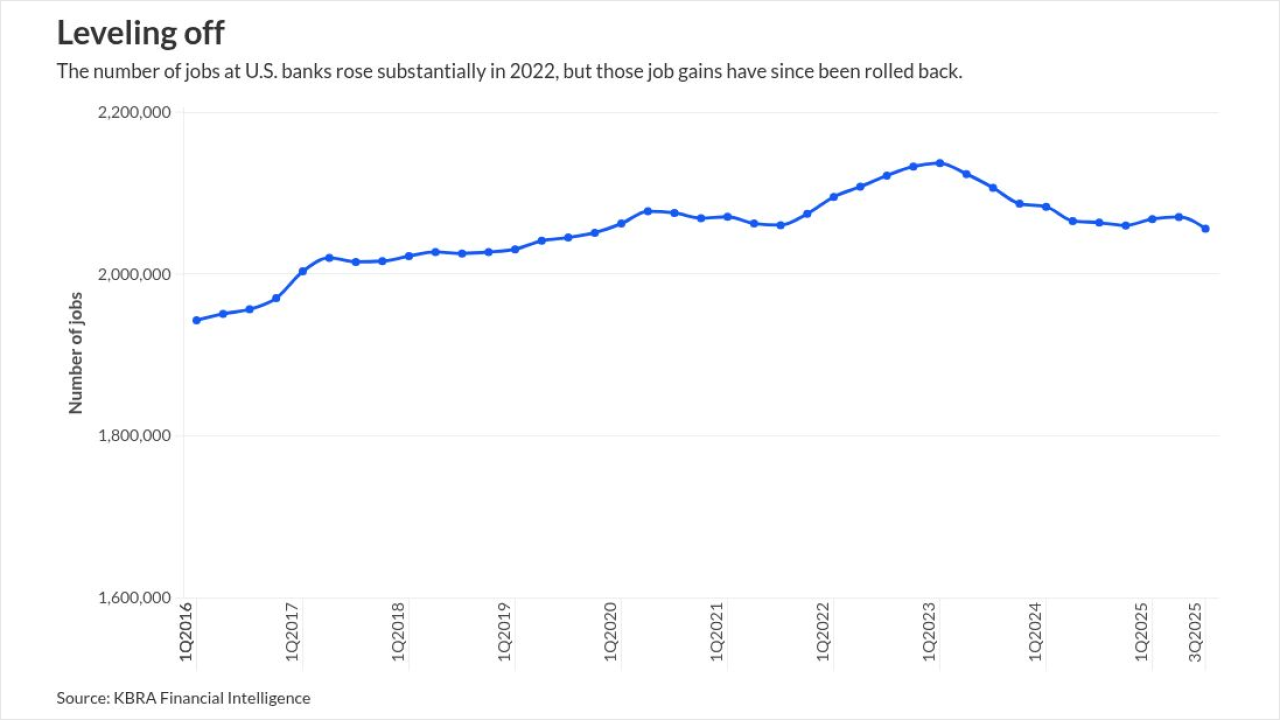OneAZ Credit Union found its answer at Arizona State University, which runs a
After analyzing the initiative, Margaret Chamberlain, the $3.1 billion-asset credit union's vice president of risk management, proposed OneAZ build the framework for its own adaptation of a supplier diversity program for initial outreach. On May 10, it launched a vendor diversity database for compiling and organizing information relating to minority-owned and women-owned businesses to include a wider variety of merchants in its procurement processes.
“About a year ago, I was asked to come up with ways to include more diverse vendors in our spending [and] it's a challenge to be able to find a resource that helps you to identify certified entities,” Chamberlain said.
The Arizona law applies to purchases of less than $100,000. Small businesses that want to be included in the catalog provide the Phoenix-based credit union with basic company information, while incorporating a demographic category for adding the diverse ownership of the organization and any relevant certifications. There are 22 registrants so far, with plans to make the resource available to other local financial institutions in the near future.

OneAZ is among a growing number of credit unions and other community financial institutions doubling down on promoting inclusiveness through initiatives such as
The credit union’s goal of developing and aggregating a library of local and national third-party retailers with DEI-oriented certifications is an extension of its Together is Better initiative, which was founded in 2020 to oversee its progress towards DEI benchmarks and incorporate similar elements throughout operations.
“[The database] will really help us to source and allow a strong partnership with business owners who are traditionally underserved and provide them the opportunity to serve as suppliers, contractors and subcontractors for OneAZ and as such, it will really help to enhance businesses within our region,” Chamberlain said.
In addition to promoting collaboration between local entrepreneurs and financial institutions, resources such as OneAZ’s database can help minimize the costs associated with adhering to regulations and internal policies focused on DEI.
“Formal regulatory or internal credit union policy requirements can add to the time and cost of running the credit union … building a single vendor diversity database helps make that individual institution more efficient,” said Craig Focardi, senior analyst for the research and advisory firm Celent in Boston.
The credit union is currently exploring the option of offering its vendor library to other financial institutions through the Mountain West Credit Union Association, a trade organization with member institutions in Arizona, Colorado and Wyoming.
“By giving [local and national vendors] the opportunity to work not only with us, but other financial institutions and credit unions, it can really help to grow their businesses and achieve greater recognition,” Chamberlain said.






